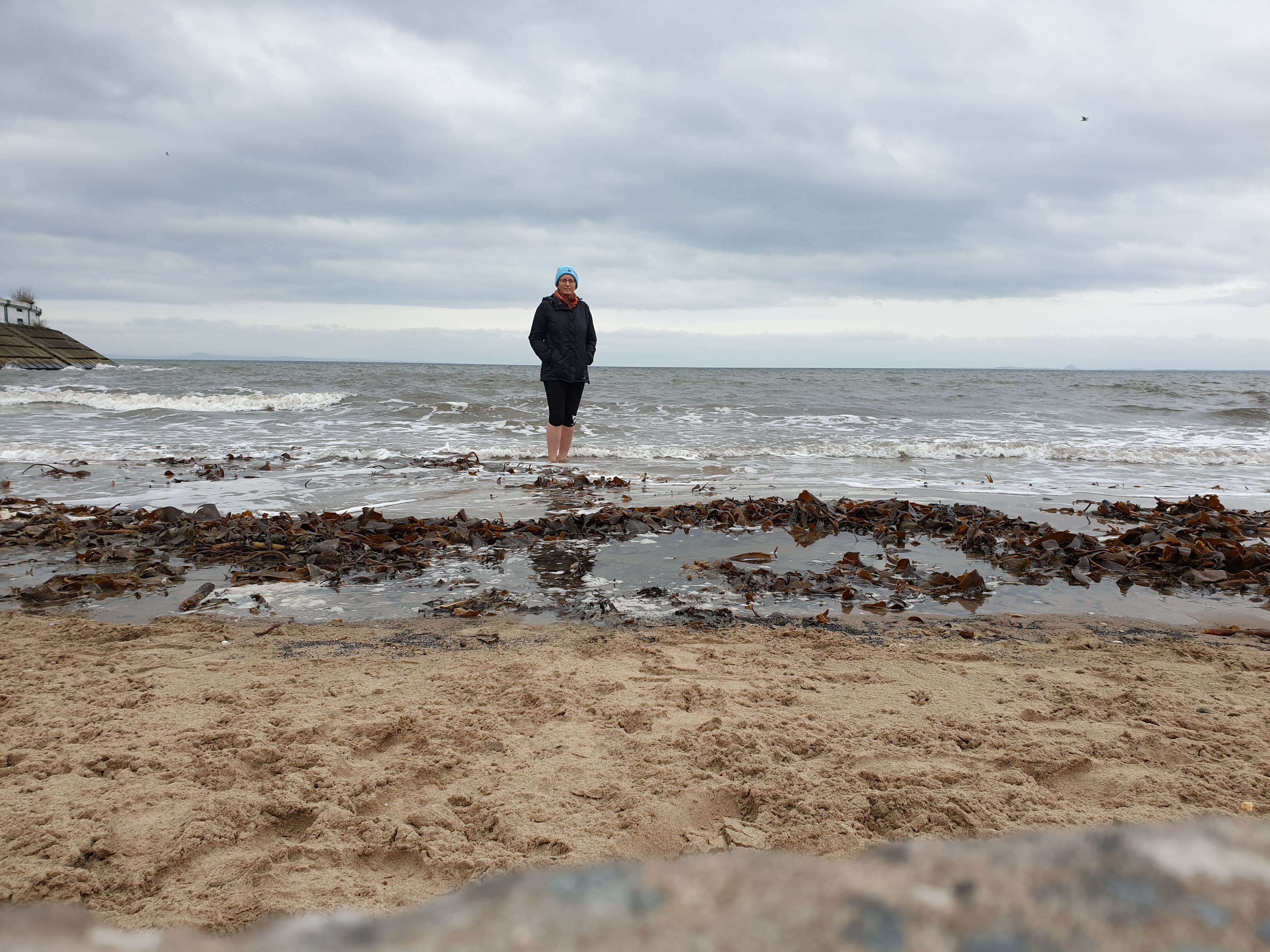(Image - Sea Change: Eleanor sees a willingness to alter our course)
Physicists, chemists, and biologists can forecast what will happen what the planet will do if we continue with business as usual or current trajectories. But other sorts of scholars are needed to understand how changes in human society might occur to transform those outcomes.
I went through a period of serious climate depression and anxiety around 2014. Like Sir Bob, I knew the science. I could see the lack of global action, and no way out. For many years I had been hiding from it: developing a career as an academic historian. But it caught up with me, and I had to invent strategies to re-empower myself enough to survive. Initially that involved conservation volunteering and ecology, to root myself in the local present rather than the global future. Subsequently, I started bringing individuals together to work together for change. In time, that became a career, working with businesses to do the same, but on a bigger scale.
Many others around the world have been on the same pathway that I was. I believe we're now at a tipping point: not of physics, but of human history. I am seeing a cascade of willingness to change, to put serious resource behind this, to engage in previously unthinkable collaborations.
One example I’m seeing around me: even a year ago, the mention of "agroforestry" caused most farmers and foresters I met to make a special face: one which said "no one wants that, it's impractical, absurdly expensive, and personally I don't want it on my land". One or two case studies kept being wheeled out, as the exception which proved the rule of no progress. Now, I know of forest managers training to handle cattle to introduce cows to help manage their woods, farmers asking foresters for help to design tree-covered landscapes to benefit their livestock. More often than not they now say, “This would be really useful, it could work, the business model is there, and I’d like to have it.”
Similar revolutions are happening all across the economy. Things are becoming reality, which a few years ago were the infographic pipe dreams of theorising natural capital experts. I know many more of you are becoming aware of the extent of the climate and biodiversity emergency, and are faced with the deep existential fears that I was, and I know it is a very dark experience. It is horrible to realise how tiny and fragile our planet is – like the moment as a child when you realise your parents are fallible and mortal – but in this case, it’s not something we have any collective wisdom or preparation for.
Well, we do have one generation of preparation, and there are far more pathways to empowerment now than I had in 2014. You might even find a few on the Galbraith careers page, like I did. If you're a landowner or business owner, I'd love to chat to you about how we're building collaborations for transformation. The biggest threat to the planet, would be our despair – but I’m not seeing despair winning yet.
Galbraith partners have even been seen driving electric vehicles, and enjoying it. If that isn't a tipping point, I don't know what is.
- Natural Capital: The expert advisers at Galbraith guide our clients in realising value in all land uses – by assessing and measuring natural assets, furthering opportunities in biodiversity net gain, and ensuring stakeholders are rewarded fully for their investment in and contribution to delivering ecosystem services and net-zero outcomes.

